Quartzy: the goopie edition
Happy Friday!
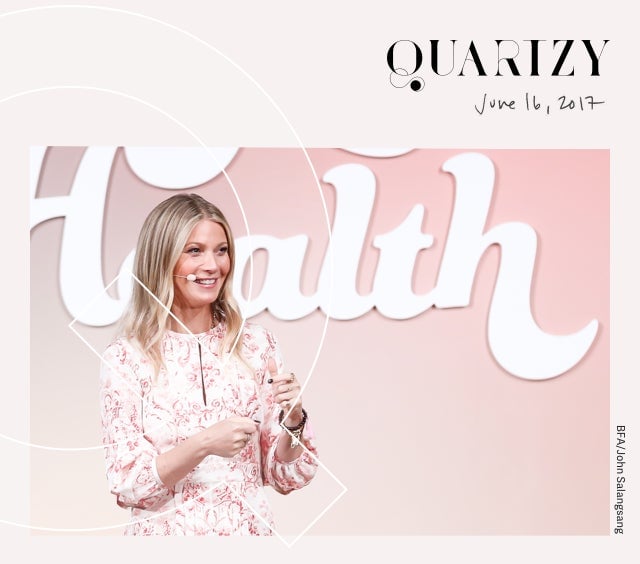
Happy Friday!
I spent last Saturday at “In Goop Health,” a summit featuring intravenous hydration drips, celebrity healers, and crystal therapy. Goop, you probably know, is Gwyneth Paltrow’s lifestyle brand, which includes an email newsletter, website, iPhone app, and an online boutique selling Goop-branded clothing, fragrance, skincare, vitamin supplements, and—as of last weekend—experiences.
Haters will hate, but I have deep affection for Gwyneth Paltrow as a cultural figure, and respect for her as an entrepreneur. I could re-watch Sliding Doors any old time; I frequently make the blue cheese dressing from her first cookbook, My Father’s Daughter; and I brazenly covet the many luxe sweaters she wears in her third one, It’s All Easy.
That said, I understand the detractors who say Goop is selling snake oil in well-designed packaging, at preposterous prices. Saturday’s minimum $500 ticket—which included crystal readings, aura photography, and an oxygen bar—didn’t do much to dispel that. I took the Goop summit with a very large grain of (pink Himalayan) salt, and encountered some first-class quackery. (I refuse to abide this man telling me tomatoes are poison, just as they are coming into season.) But there was also a real value to many of the event’s conversations between women, as Girls co-showrunner and Lenny Letter cofounder Jenni Konner pointed out backstage.
“What is wrong with other opinions in the world going forward?” Konner asked. “Especially opinions that empower women, which is what all of this is. It’s all about women trying to find their power, whether it’s through health or wellness or exercise. Anything that puts a woman in charge of her own body is valuable.”
Annaliese Griffin drove that point home this week on Quartz, writing that the sexism endemic in the mainstream US medical establishment is one reason women might flock to an event like In Goop Health. Indeed, I met several women there who suffered from autoimmune issues, which Annaliese writes are among the conditions that affect women more than men—and are more likely to be dismissed as psychosomatic.
For Quartz, I also wrote about my adventure in Goopland and Goop’s place in what author B. Joseph Pine II calls “the transformation economy” (hat-tip to the Business of Fashion’s Lauren Sherman for alerting me to Pine’s research). Here, a few personal highlights from the day.
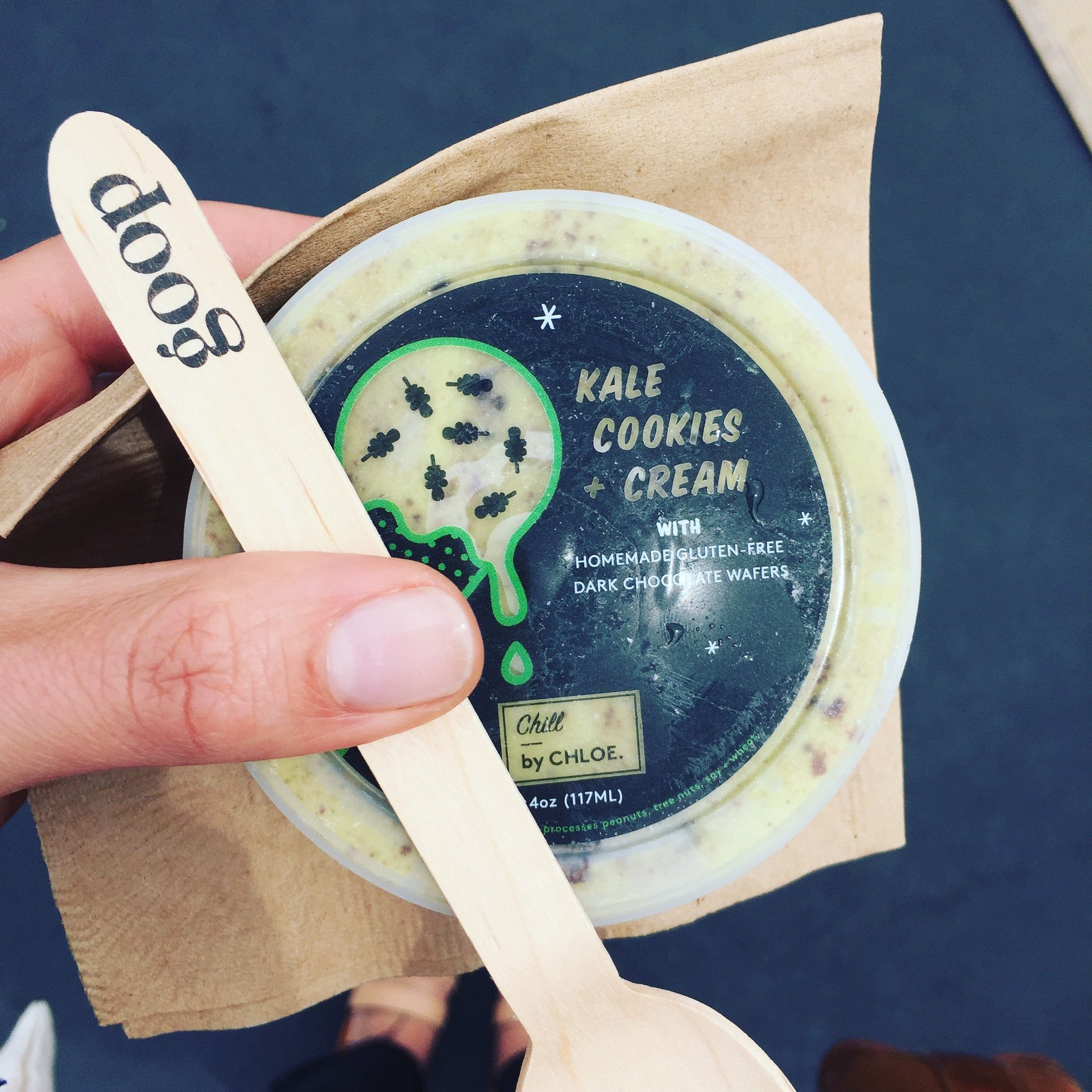
Let’s talk about sex. Jenni Konner joined the couples therapist and podcast host Esther Perel and the “orgasmic meditation” proponent Nicole Daedone for a panel so packed that women were sitting in the aisles. The resounding chorus was that we need to create a culture where it’s comfortable for women to talk about what they want in bed. Here, some highlights from that conversation.

Esther Perel: “In a relationship, the first thing is to understand is that some of sex is a created enterprise. It’s premeditated, intentional, and it demands focus, attention, naming of desire, and owning of the wanting—not the notion that it’s just going to happen.” Also, she said to me backstage: “Don’t share the bathroom.”
Nicole Daedone: Removing the pressure around orgasms is a good first step. “That’s the way you get there, is the funny thing,” said Daedone. “All you have to do is take all of the thinking mind off… You just focus on the point of contact, and when you do that—you can’t focus on a point of contact and think at the same time.”
Jenni Konner: “If we start to ask for the kind of sex we want, it’ll be easier to start asking for the kind of paychecks we want.”
“Keep writing shit, stupid.” Hollywood power therapists Barry Michels and Phil Stutz come across as archetypal Hollywood power therapists—because so many Hollywood writers go to them that our movies and shows are filled with characters based on them. They took the stage with Paltrow and live-therapized a Goopie from the crowd, and they also shared a little wisdom for creative types.
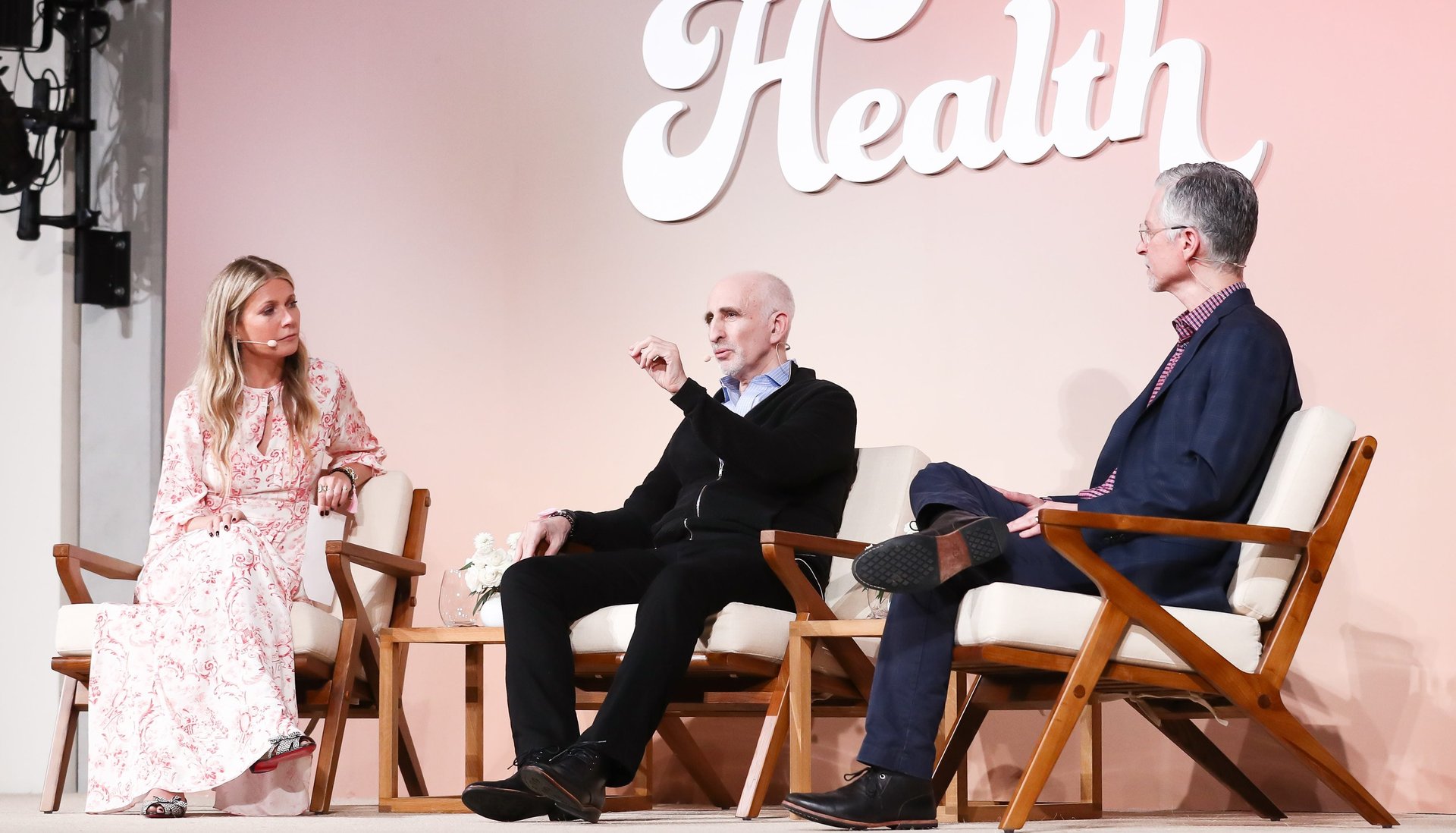
These guys are all about giving patients actionable plans, which they call “tools.” One that they use for writers—which could apply to any creative professional—is called “Keep writing shit, stupid.”
The “keep writing” part is pretty self-explanatory—they referenced the dictum oft-attributed to Picasso that “Inspiration exists, but it has to find you working.” The “shit” suggests some acceptance that a first attempt at writing will always be flawed. And the “stupid” is a tough-love reminder not to buy into your own self-doubt.
“If you start to criticize yourself,” said Stutz, “just remind yourself: Nobody knows the value of something at the moment they’re creating it.”
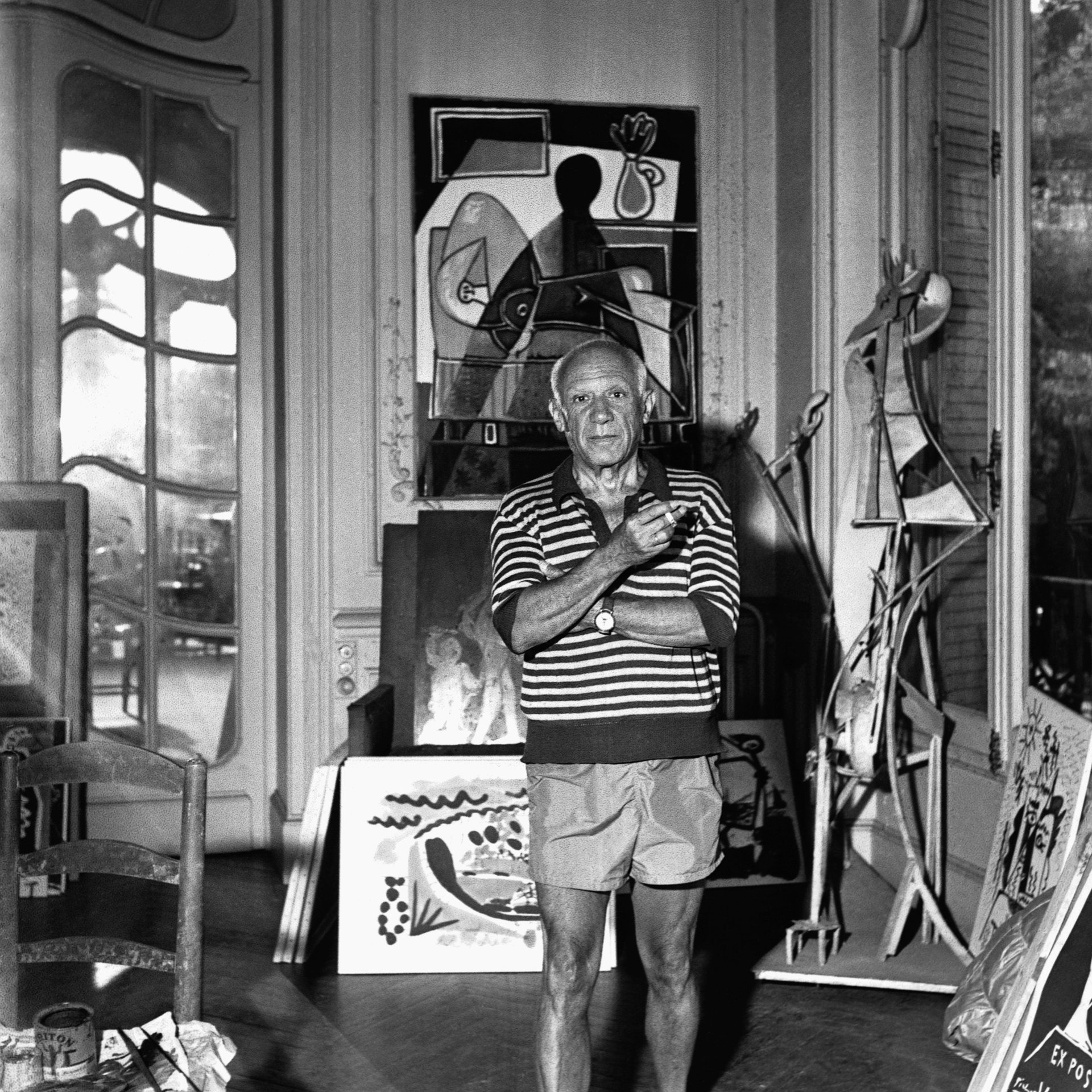
A money-saving tip. This suggestion from Marisa Meltzer at The Cut saved me from overspending at Saturday’s event:
“I like to play a game where I imagine whatever strange health supplement I’m excited about that week—powdered Japanese mushrooms, dried mulberries, protein shakes—and picture them packaged in an old-timey style. Like, if someone whipped out this cleanse on The Knick, would I snicker? Probably.”
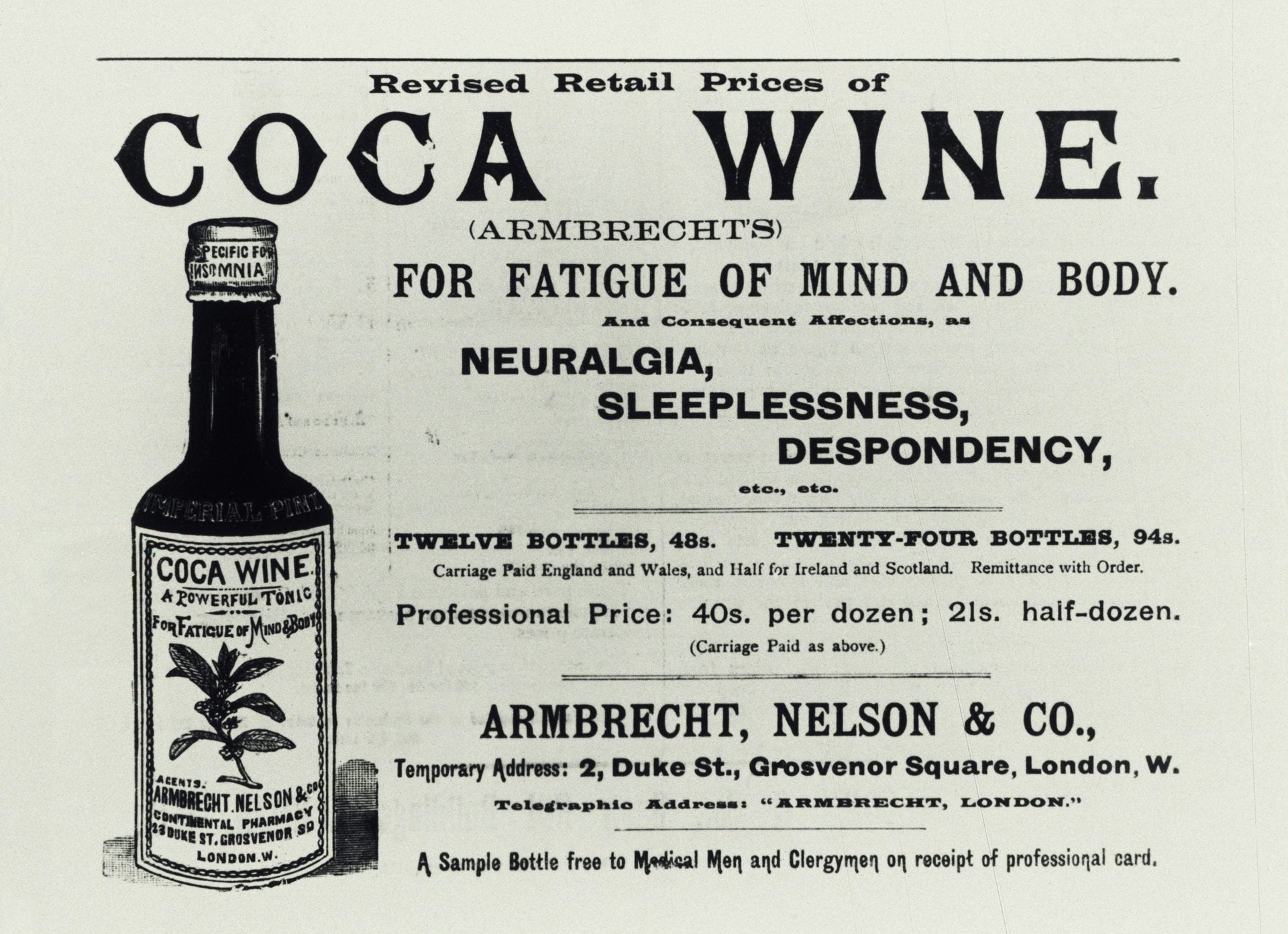
I’ll admit that I spent $36 on a certified-organic Tata Harper cream blush, but it could have been a lot worse.

AK cookies. I don’t know about you, but all this wellness puts me in the mood for white flour and sugar. In a book my co-workers compiled as a sendoff when I decamped to Los Angeles, Quartz editor Sarah Todd included a recipe for coconut-oatmeal-and-pecan chocolate chippers.

I haven’t made any other kind of cookie since. These are unstoppable. (Pro tip: the coconut is key, so get the best quality you can! I like these big flakes.) The recipe was originally published by Peter Meehan, co-founder of the recently shuttered food zine Lucky Peach (sniff). So print this one out ASAP, friends, just in case. As Meehan says, of the page where he keeps the recipe: “I often have trouble finding clean socks, my checkbook, or my keys, but I know where that scrap of paper is at all times.”
Have a great weekend!
[quartzy-signature]
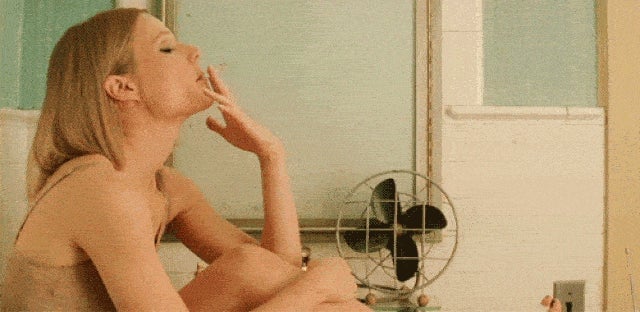

How about a daily email next week? By the time you’ve read this newsletter, I should be on the French Riviera (WHAT?), where I’ll be covering the Cannes Lions Festival of Creativity—a week-long extravaganza celebrating creativity in advertising and media. Quartz’s global finance and economics editor, Jason Karaian, and I will be compiling our notes, news, and observations into a daily email brief about the festival, should you like to follow along.
I’ve never attended the festival, but I’ve been told that the propensity for rosé, yacht parties, and inscrutable marketing jargon can distract from the fact that it also sets the media industry’s agenda for the year ahead. Jason and I will do our best to send you the best substance in our daily briefs—and I’ll gather some good distractions for next week’s Quartzy, too.